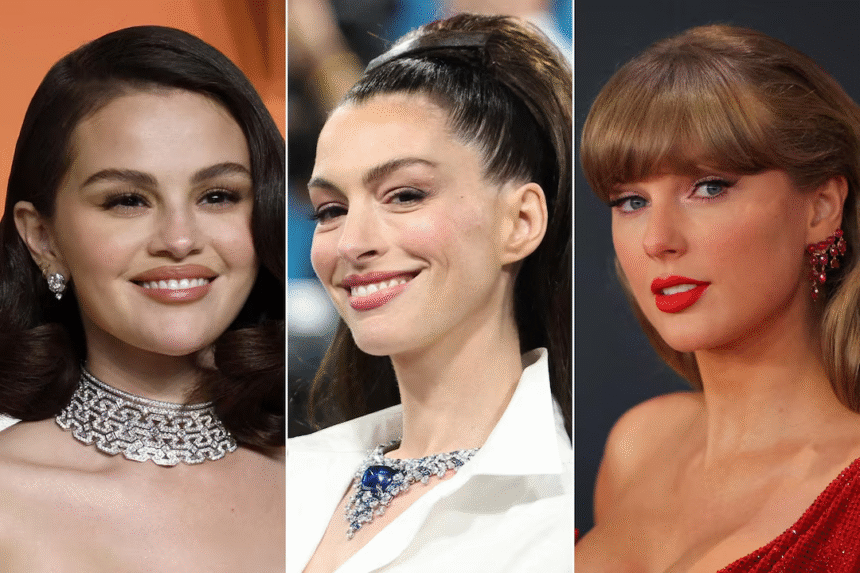Meta Faces Backlash for Unauthorized Use of Celebrities’ Likenesses in Chatbots
Meta, formerly known as Facebook, is under fire for creating dozens of social-media chatbots using the names and likenesses of celebrities without their permission. Among the celebrities affected are Taylor Swift, Scarlett Johansson, Anne Hathaway, and Selena Gomez.
While some of these chatbots were created by users using Meta’s chatbot-building tool, Reuters discovered that at least three of them were created by a Meta employee, including two “parody” bots of Taylor Swift. Additionally, child celebrities like 16-year-old film star Walker Scobell were also featured in publicly available chatbots, with one bot even generating a lifelike shirtless image of the teen actor.
During testing by Reuters, the chatbots often claimed to be the real celebrities and made sexual advances towards users, inviting them to meet up. Some of the content generated by the chatbots was particularly explicit, with adult chatbots producing intimate images of the celebrities posing in bathtubs or lingerie.
Meta spokesperson Andy Stone acknowledged that the company’s AI tools should not have created such images and blamed the oversight on failures in enforcing the company’s policies. While Meta’s rules prohibit direct impersonation, Stone stated that the celebrity characters were acceptable as long as they were labeled as parodies.
Following the discovery, Meta deleted about a dozen of the bots before the story was published. However, legal experts have raised concerns about whether the celebrity bots qualify for legal protections under California’s right of publicity law, which prohibits the unauthorized use of someone’s likeness for commercial purposes.
Representatives of the affected celebrities either did not respond to questions or declined to comment on the matter. Meta’s actions have drawn criticism from various quarters, with concerns raised about the potential safety risks posed by users forming romantic attachments to digital companions that resemble real celebrities.
As the debate continues, SAG-AFTRA, a union representing performers, is advocating for federal legislation to protect people’s voices, likenesses, and personas from unauthorized duplication by AI platforms like Meta. The incident underscores the ethical and legal challenges posed by the use of AI technology in creating digital replicas of real individuals without their consent.








